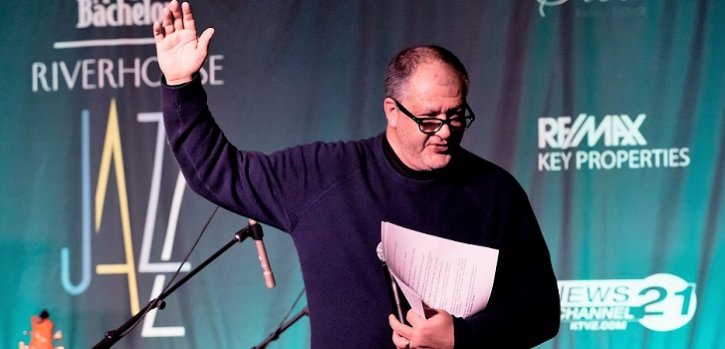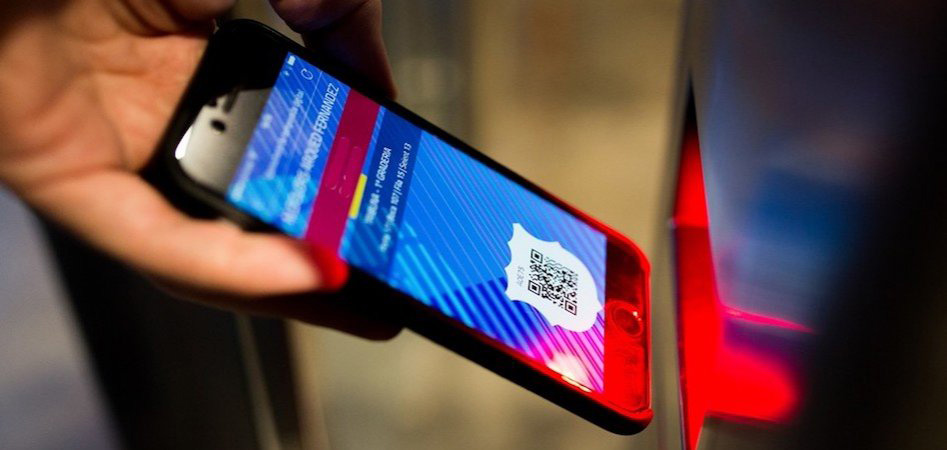Marshall Glickman, ticketing expert who currently works with La Liga and has already done so for the Euroleague, rejects as a positive formula the use of dynamic prices, and praises the need to value the price of fertilizers.

Marshall Glickman is a consultant in issues of ticketing and sports venues of entities such as La Liga, Euroleague and Ligue-1, among others. He has also worked for clubs such as CSKA Moscow Basketball and several NBA franchises from his company G2 Strategic. It was precisely in the basketball league where he developed most of his career, both in the Portland Trail Blazers and the bosses themselves.
Why is the degree of occupation of stadiums in Spain lower than in other leagues?
On many occasions, there are too many seats. Business schools teach that attention must be paid to supply and demand, and it seems that many do not follow this rule. When a new stadium is built there are those who believe that the bigger, the better. However, to make it bigger is not to make it better, and you have to prioritize quality over quantity. This may seem like a radical message in Europe, but in the United States it is normal. Increasingly better complexes are made and even reducing the number of seats.
Here, in Europe, what is the mirror in which the Spanish managers must be fixed?England?
First of all, the quality of the stadiums in the Premier League was much better until recently.Now, La Liga has new stadiums. One of the main features to increase the ticketing is having a well designed stadium, with more commercial areas. The public sector tries to build stadiums only with the basics, which is already good, but not if you want to go one step further. That is why it is very important that the stadiums have public collaboration but are led by the private sector.
Read the full report in the Dossier Palco23
The sports complex of the XXI century
There are some initiatives that are being carried out to try to combat the empty seats. What is your opinion of the seat release systems?
This type of platforms are good, they are a good initiative, but the reality is that they do not serve 100%, because in the end they put the sold out sign and it turns out that there are more than 500 empty seats. Why? Because the tickets come at a price so cheap per game that if you do not attend one in particular nothing happens. That’s what they think, that it’s not worth going according to what matches depending on the rival if they have something better to do.
Here also enters the question of price. Which strategy is the most appropriate?
About the pricing policy I suggest that no discounts be made. The idea of buying a season ticket for a price much lower than the price of a ticket is not good. In the United States, the payment is practically the same as if you buy all the matches separately. What you are showing is that the entry to the game has a lower value, and you make the purchase of punctual tickets interpreted as a false price. In addition, you have to adapt the prices to your city, which is another of the basic pillars when setting prices.
In La Liga, 80% of spectators are subscribers and in the Premier rubs 100%. What would be a good mix to maximize revenue?
Mainly it is for tourism, since tickets are reserved for foreigners because otherwise the subscribers would have all the tickets and maybe they would not go. Then, the field would be empty and revenues would not be maximized. Therefore, the answer is still in the price because a season pass has to have a price similar to that of all tickets per game.
Hotels and airlines play with mobile rates. Will this kind of tactics come to sport?
Dynamic prices are not good for sports except on rare occasions as can happen with El Clásico . In the end you pay more because that party is more important. In the case of Spain, there is too much supply, which does not improve attendance.
“Dynamic prices are not good for sports, except on rare occasions like El Clásico “
And as for ticket resale tools, what do you think about it?
Secondary markets do not work very well in Europe, mainly because there is a feeling that it is not safe. In the United States, StubHub mediates an operation and part of it goes to the club. And it’s not that we do not worry about security, since there are systems to avoid bad practices. Here, in Europe, they tell you that the price can not be higher, but the truth is that it is your ticket and with it you can do whatever you want.
If prices go up, will it be more difficult to attend sports venues?
The reality is not that the seats have to be more expensive and inaccessible by necessity.You have to have a wide range of prices. You have to have seats for all income levels, that allows not exclude anyone but offer different experiences according to the ticket . In the United States, it is common to find very expensive tickets and other very cheap ones, are you limiting access to someone? No, you are simply adapting the product to the needs of the fans.
Is personalizing the tickets according to the public a necessary issue? Does the price have something to do with it?
Do not make discounts for children or adults or if they are brown or red. In the end, everyone goes to the game with a reduced price. The question is that everyone can attend satisfying the needs they have, which will surely be different. Why not create spaces dedicated to involving more different communities, students or women? In the MLB Cincinnati Reds stadium, for example, there is a space called Pampers Nursing Suite, which is dedicated to mothers and babies because you have to help people go to the stadiums without excuses.
So, the line to follow is to reduce capacity to give more VIP seats?
In the United States, they do not see it that way. There are people who do prefer a VIP ticket, but millennials may not want that, but something different, which does not mean premium . Generation Z wants to consume differently, because they have different needs.Our children do not want to go to the stadium if they can not send photographs, share the video or talk to a friend on the other side of the field. If they attend a sporting event they do so because it is a social action.

Does this way of attending a sporting event change everything?
With all this, consumption within the enclosure will be different, especially in terms of food and drink. If you go with friends, are not you going to have a beer or a wine? The hard fansare, but you have to improve the product to fill the many free seats.
How to do it?
We must adapt to the needs of new consumers by providing spaces to give more experiences beyond the game. In Europe, the subscribers arrive late to the game, sit in uncomfortable seats and in the end they only go to the important matches. The question is to innovate, something that must be done in all areas. In ten years, there will be no stadium without Internet.
Does the important improvement in the quality of the retransmissions affect the ticketing policy?
There is no doubt that the quality of the audiovisual experience has improved drastically. Of course, for millennials and Generation Z it is essential that live matches are of high quality, including streaming and replays from various angles and points of view, that viewers can see outside stadiums and pavilions. That said, the experience of live events still has an advantage, because you can not replicate the atmosphere, the energy, the social aspects and the authenticity of being in the game. That’s the key and so you have to differentiate a live event.
Read the full report in the Dossier Palco23
The sports complex of the XXI century
Can Big Data help solve some of these problems?
Technology helps, but it does not solve everything. The League is starting to use Big Data , and that’s great. I sincerely believe that the big difference that technology can help is to narrow the gap in terms of clubs with more resources and those with less. This is because there are more qualified staff for these areas in large clubs, while in smaller entities it is difficult.
Should we change the mentality in the Old Continent?
It is necessary to change the culture towards the idea that we are in an entertainment industry. In the American leagues we do not talk about football or basketball, we talk about the sports business. MLS, for example, is being a great success not because football is the best, but because it is a great experience. It is a good way to spend three hours.
Link to Article

